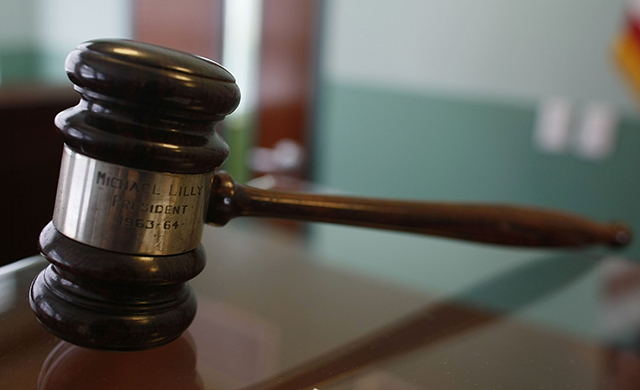In the latest episode of a nearly 20-year legal battle for religious freedom in New York City, the Second Circuit Court of Appeals yesterday upheld the Board of Education of the City of New York’s refusal to provide permits to use public school space for worship services after hours and on the weekends.
The Bronx Household of Faith, a small Christian congregation in the city, has led the almost two-decade fight over the city’s infringement of religious freedom, arguing that the rule discriminates against religious viewpoints in violation of the Establishment Clause and the Free Exercise Clause of the First Amendment.
Yesterday, the Second Circuit rejected that argument, holding that the ban “is constitutional in light of the Board’s reasonable concern to observe interests favored by the Establishment Clause and avoid the risk of liability under that clause.” In other words, the government doesn’t just have an interest in not violating the Establishment Clause; it has an interest in not appearing to violate the Establishment Clause. This type of argument has been criticized elsewhere.
Furthermore, the Second Circuit seemed to characterize allowing the use of facilities as a “subsidy.” Others disagree. Jordan Lorence, Senior Counsel at Alliance Defending Freedom, which is representing Bronx Household argues:
The First Amendment prohibits New York City from singling out worship services and excluding them from empty school buildings…There is no subsidy of churches here. Churches and religious groups pay the same uniform rates that everyone else does to use the schools.
Put another way, where the government provides a service to all comers, that service cannot possibly violate the Establishment Clause simply because that service happens to also be available to religious organizations. And yet, that seems to be the view on the rise among the federal courts.
Such a view is also bad policy: evicting congregations from rented public school spaces will jeopardize many churches’ successful efforts to serve the poor, reach out to gang members, and continue other charitable work in surrounding neighborhoods. Some congregations have even provided maintenance for the public school spaces they rent.
The sad irony of the city’s relentless assault on the churches’ freedom was dramatically apparent a few years ago. Even as many of the churches provided support to communities in the aftermath of Hurricane Sandy, which ravaged parts of New York City, the Board of Education remained resolute in driving the congregations from their meeting places.
The churches that provide aid, comfort, and hope to some of the poorest neighborhoods in New York City have found themselves on the wrong side of a very arbitrary line drawn by bureaucrats at the city’s Board of Education.
In his dissent, Judge John M. Walker, Jr. highlighted another problem with the decision:
[The Board of Education’s policy] permits extensive religious conduct in public schools, such as a Quaker meeting service or a Buddhist meditation service, so long as it is not following a prescribed order or led by an ordained official…. Indeed, [the policy] ‘prohibits use of school facilities to conduct worship services, but does not exclude religious groups from using schools for prayer, singing hymns, religious instruction, expression of religious devotion, or the discussion of issues from a religious point of view.’
So, to be clear, one can receive a permit to sing, pray, receive religious instruction, or even conduct a wide variety of secular activities during off-hours at New York City public schools. It’s just “worship services” of a certain type that are prohibited. As the plaintiffs argued, this certainly sounds like viewpoint discrimination that violates the First Amendment.
Increasingly, hostile government policies and cultural pressures are seeking to water down religious freedom to the point where the free exercise of faith is permitted in homes and houses of worship, but suspect in work, service, and public life. For churches like Bronx Household, the attempted exclusion of religious belief from the public square doesn’t even allow for that narrower “freedom to worship.”
Alliance Defending Freedom is considering an appeal of the decision, either to a full panel of the Second Circuit or straight to the United States Supreme Court. Churches in New York City remain hopeful that the courts will ultimately uphold their right to equal access of public facilities and the freedom to continue their important work in the city’s neighborhoods.
